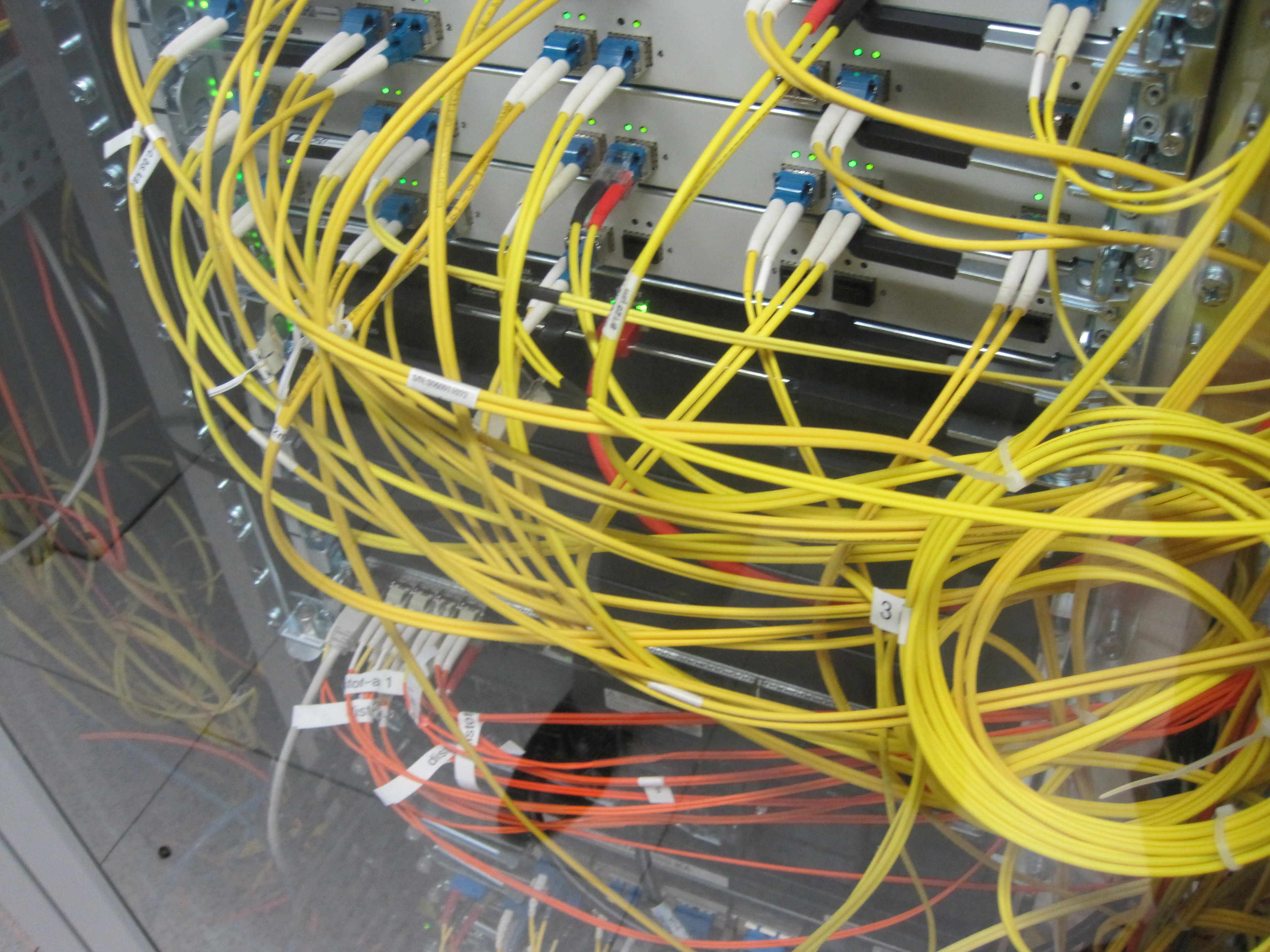UK broadband ads are a bloody disgrace
ISPs are peddling porkies

News just in: adverts lie. That face cream won't make a 60-year-old look sixteen, Ready Brek doesn't really make you glow orange and Cillit Bang doesn't go bang.
But there's a difference between exaggeration, artistic licence and outright fibs, and it seems that some ISPs aren't so much crossing it as jumping over it while dropping their trousers and showing us their backsides.
According to Ofcom, ISPs aren't just exaggerating their broadband speeds; they're completely misleading us. The average advertised speed in the UK is 13.8Mbps; the average speed we actually get is just 6.2Mbps.
The figures bear so little relation to reality that ISPs might as well say that each data packet is wrapped in magic beans and delivered by unicorns that travel at the speed of light.
This isn't like credit cards, where some people - me - get offered horrific interest rates that bear no relation to the ones in the ads; financial firms' rates have to reflect the ones offered to the vast majority of their customers. What ISPs are doing here is advertising speeds that only a tiny, tiny minority of their customers can hope to get.
Imagine if ISPs ran other kinds of businesses. You'd buy a pair of jeans only to take them home and discover one of the legs was missing. You'd go to the pub, order a pint and be served a thimble. You'd order a Quarter Pounder and get a sixteenth. You'd pay for unlimited downloads and be limited to 1GB per... hang on!
Show us the real speeds
Sign up for breaking news, reviews, opinion, top tech deals, and more.
ISPs are doing the same thing here as they do with their "unlimited" claims: they're promising something they know perfectly well they're not going to deliver.
I understand the reasoning: broadband speeds are affected by so many factors that it's impossible to accurately predict what speed each individual customer will get. But that doesn't excuse the gap between what you pay for and what you get.
Forgive me for yet another car analogy, but when car companies publish MPG figures there are strict standards they have to adhere to: Audi can't just freewheel an A5 down the side of a mountain and announce that the car does a million miles to the gallon.
That's essentially what ISPs are doing. Ofcom says that just 3% of people on "up to" 20Mbps or 24Mbps DSL get more than 16Mbps, while 69% get 8Mbps or less. That's disgraceful.
The answer is simple: TSR, which is short for Typical Speed Range. Ofcom has told the advertising standards authority that ISPs should include TSR figures should be as prominent as the "fast!" "super-fast!" "blindingly fast!" bits of the ads.
Ofcom's right. "Up to" props up bad ISPs and harms good ones: TSR provides a level playing field that we can use to tell the difference between a reputable ISP and one whose network consists of two tin cans and a bit of string.

Contributor
Writer, broadcaster, musician and kitchen gadget obsessive Carrie Marshall has been writing about tech since 1998, contributing sage advice and odd opinions to all kinds of magazines and websites as well as writing more than twenty books. Her latest, a love letter to music titled Small Town Joy, is on sale now. She is the singer in spectacularly obscure Glaswegian rock band Unquiet Mind.